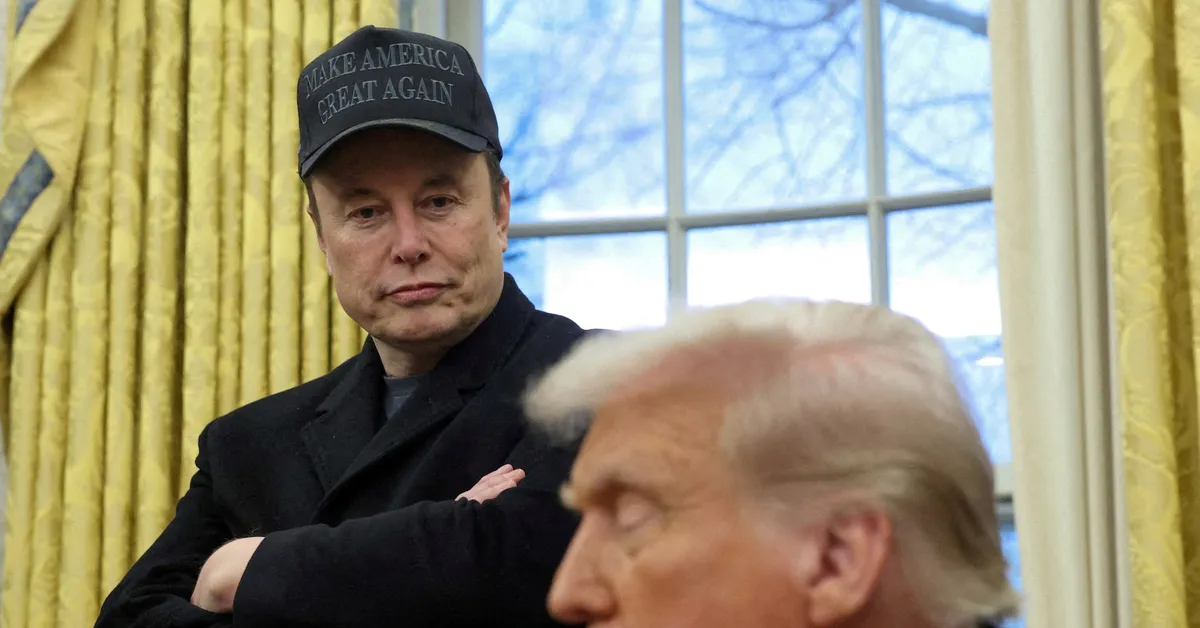
A U.S. judge has declared that former President Donald Trump's dismissal of the head of a federal watchdog agency was illegal, marking a significant early test of the limits of presidential power. This ruling, issued on March 1 by U.S. District Judge Amy Berman Jackson, is poised to be reviewed by the U.S. Supreme Court.
Hampton Dellinger, who leads the Office of Special Counsel (OSC) and is responsible for safeguarding whistleblower protections, was previously allowed to retain his position while awaiting a final decision from the court. The OSC plays a crucial role in reviewing unethical and unlawful practices affecting federal employees, ensuring that whistleblowers can report misconduct without fear of retaliation.
Late Saturday, the Justice Department announced it would appeal Judge Jackson's ruling to the U.S. Court of Appeals for the District of Columbia. This appeal underscores the administration's contention that maintaining Dellinger in his role encroaches on Trump's authority over his administration's officials.
In a statement to Reuters, Dellinger expressed gratitude for the court's affirmation of the legal protections Congress has established for his position. He emphasized his commitment to defending federal employees and protecting whistleblowers from unlawful treatment, an essential function of the OSC.
Lawyers representing the Trump administration have argued that Judge Jackson's decision could hinder the President's ability to manage his administration effectively. However, Judge Jackson firmly rejected this argument, stating that the statute governing the OSC's operations is constitutional. She noted that it would be counterproductive for the special counsel to fear arbitrary or politically motivated removal while performing their duties.
Moreover, the judge clarified that her ruling was narrowly focused and did not undermine Trump's overall powers. "This is the only single-headed agency left for the courts to consider, and it is unlike any of them," she wrote, highlighting the unique nature of the OSC’s functions.
The Trump administration has previously sought to limit the independence of various federal agencies, including the Federal Trade Commission (FTC), Securities and Exchange Commission (SEC), and Federal Communications Commission (FCC). The outcome of Dellinger’s case could significantly influence the extent of presidential authority over these and other federal entities.
Acting Solicitor General Sarah Harris argued that Dellinger's ongoing role as special counsel was detrimental to the Trump administration, citing his recent intervention to prevent the termination of six probationary government workers that the administration sought to dismiss.
As the case progresses, it remains to be seen how the Supreme Court will address this pivotal issue of presidential power and the protections afforded to whistleblowers within the federal government.
For further updates on this developing story, stay tuned for more news coverage.